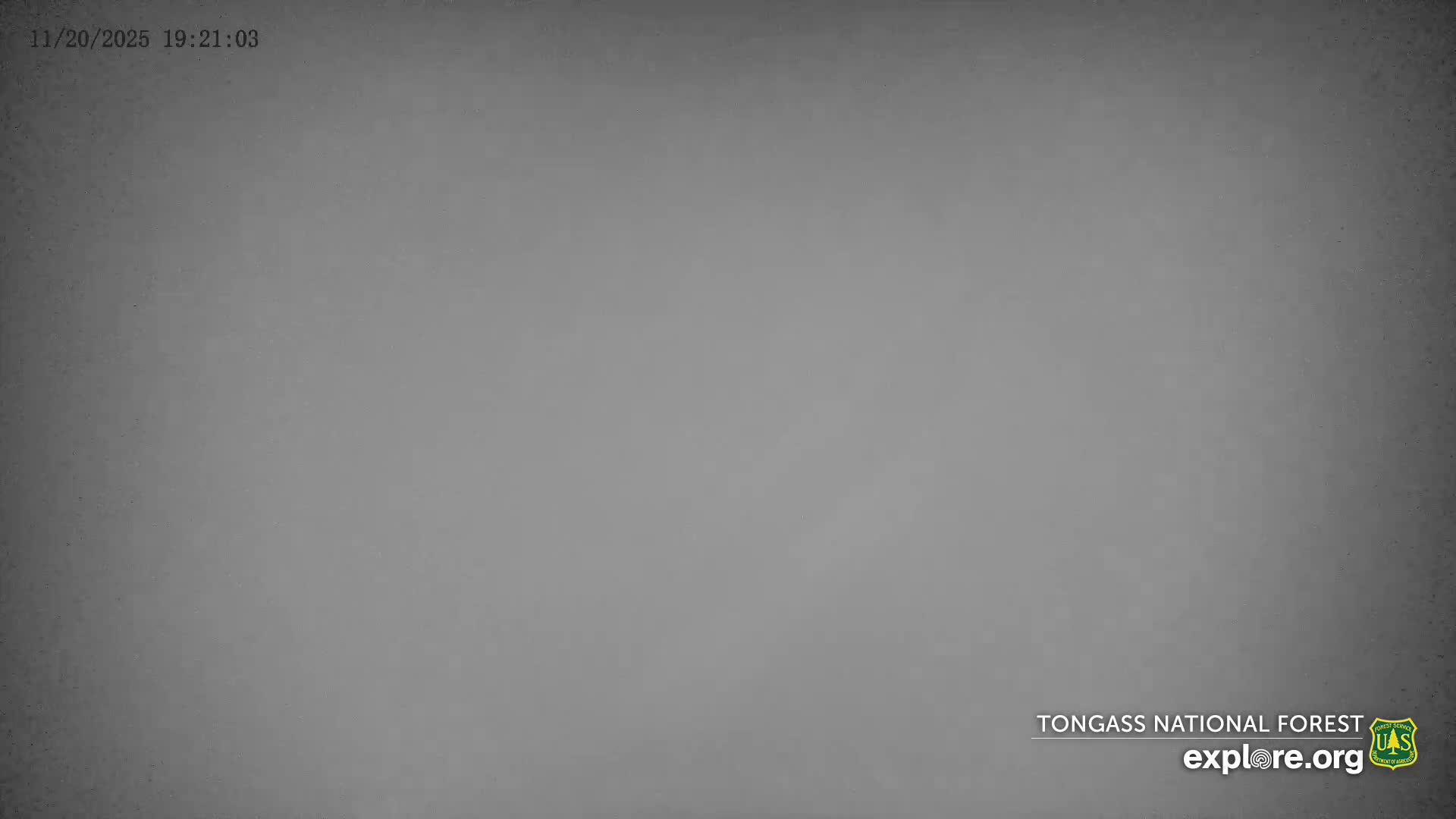Researcher's Smuggling Arrest Fuels US-China Dispute Over Chinese Students & Academic Integrity
 United States
International Relations & Education
United States
International Relations & Education

A researcher's smuggling arrest highlights escalating US-China tensions surrounding Chinese students, academic integrity, and national security concerns, per th
Due to an inaccessible news source, the full content of the article could not be retrieved. However, the original title, 'Researcher’s Smuggling Arrest Casts Light on Dispute Over Chinese Students,' strongly suggests a significant development regarding geopolitical tensions between the United States and China, particularly within academic and scientific spheres.
Researcher's Arrest Fuels Geopolitical Tensions
The arrest of a researcher on smuggling charges is a critical event that typically ignites discussions around national security, intellectual property theft, and the delicate balance of international academic collaboration. This incident, as highlighted by the title, serves as a stark reminder of the ongoing scrutiny faced by Chinese students and researchers operating in Western countries, especially the United States.
Implications for Academic Integrity and US-China Relations
Such cases often bring to light allegations of technology transfer, economic espionage, and concerns over the potential for state-sponsored activities disguised within legitimate academic pursuits. For universities and research institutions, these developments pose complex challenges, forcing them to navigate between fostering open research environments and implementing stringent measures to protect sensitive technologies and data.
The Broader Dispute Over Chinese Students
The broader dispute over Chinese students encompasses various dimensions, including visa restrictions, funding limitations for certain research areas, and increased vigilance from intelligence agencies. These heightened tensions can significantly impact the academic freedom and career paths of countless Chinese individuals studying or working abroad, often leading to feelings of suspicion and discrimination. The original article likely aimed to delve into these multifaceted issues, examining the implications for US foreign policy, China's scientific advancement goals, and the future of cross-cultural academic exchange in a competitive global landscape.





